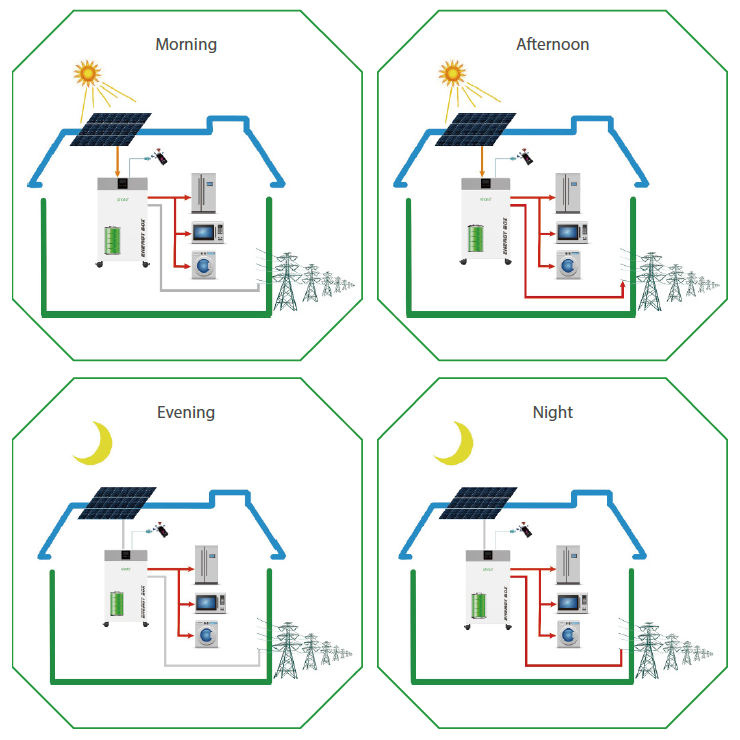
In recent years, the maritime industry has seen a significant shift towards sustainable energy solutions. Typical multi-energy hybrid power systems leverage different energy sources to enhance vessel efficiency, reduce emissions, and promote environmental stewardship. With fuel cell energy storage systems gaining traction, these innovative technologies are reshaping how ships operate and manage power consumption, ultimately leading to a cleaner, more efficient maritime sector.
Fuel cells convert chemical energy directly into electrical energy through an electrochemical reaction. This technology is renowned for its high efficiency and low emissions, making it an ideal candidate for hybrid power systems on ships. By employing hydrogen or alternative fuels, fuel cells can produce electricity with minimal pollutants, aligning with global efforts to reduce greenhouse gas emissions. This clean energy source plays a crucial role in addressing the challenges of climate change within the shipping industry.
A typical multi-energy hybrid power system for ships integrates various energy sources, including batteries, diesel generators, solar panels, and fuel cells. Each component serves a distinct purpose, with fuel cells providing reliable energy during peak demand cycles and batteries managing energy during low-load periods. By optimizing the interplay between these sources, vessels can achieve significantly lower fuel consumption and operational costs while enhancing overall efficiency.
Adopting multi-energy hybrid power systems offers numerous advantages for maritime operations. Primarily, these systems facilitate reduced operational costs, thanks to decreased fossil fuel usage and lower maintenance expenses. Additionally, they enhance energy efficiency by intelligently managing power inputs and outputs according to real-time demands. Furthermore, vessels equipped with these systems can also benefit from compliance with stricter emission regulations, allowing operators to navigate in emission-controlled areas with ease.
As with any emerging technology, the implementation of multi-energy hybrid power systems using fuel cells is not without challenges. The current limitations include the high initial investment costs and the need for an extensive infrastructure to support hydrogen production and distribution. However, ongoing research and development are addressing these barriers, paving the way for more accessible and economically viable solutions. In the coming years, we can expect an increasing number of vessels to adopt this hybrid approach, driven by technological advances and regulatory pressures aimed at promoting sustainability in maritime operations.
The transition to innovative multi-energy hybrid power systems based on fuel cell energy storage marks a transformative step for the maritime industry. By leveraging the benefits of fuel cells and combining them with other renewable energy sources, ships can operate more efficiently and sustainably. As technology continues to mature and infrastructure develops, the integration of these systems is poised to revolutionize the way ships are powered, ultimately contributing to a greener future for maritime transportation.
Next:None
Previous:Exploring the Future of Pure Battery-Powered Vessels